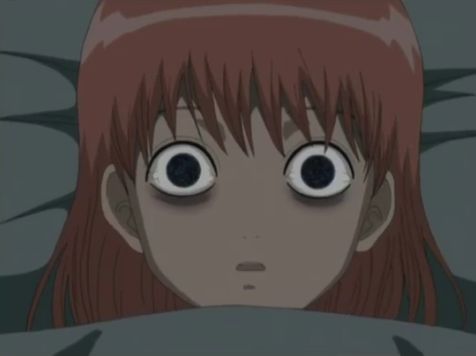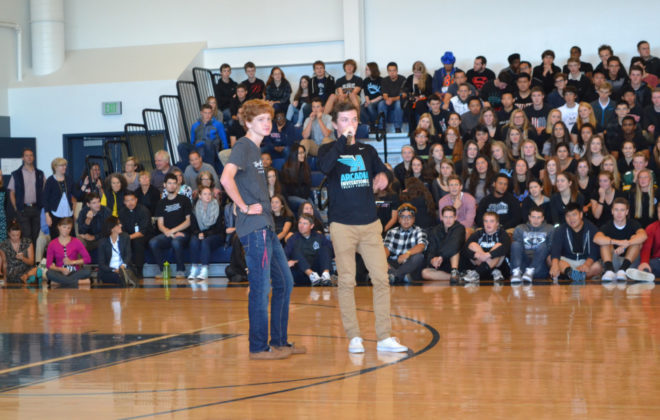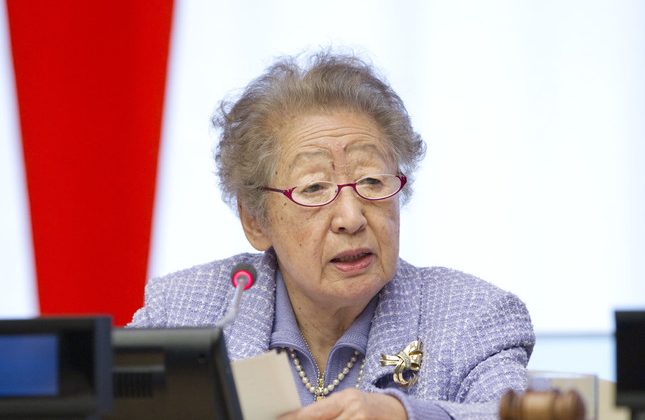Sleep deprivation – the real consequences
Through recent years, the amount of stress American teenagers go through have become almost insurmountable. From efforts to increase admission chances into top-choice universities to expectations brought on by parents in the growing number of immigrant households, the ever-increasing competition to reach the “American dream” has hit the younger generation in a worrying degree. One aspect of young adult lives that have been incredibly impacted due to such stresses is sleep, which has dispelled into a variety of health, social, and societal issues that may impact teenagers for years to come.
Lack of sleep, or better known as sleep deprivation, results when an individual gets less than the adequate amount of sleep they require every night. For teenagers, this number varies from seven to nine hours of sleep per night. However, it is not uncommon for our youth, especially those in the upperclassman grades of high school, to sleep less than five or six hours a night. This results in depleted concentration, fatigue, and can even increase one’s susceptibility to illnesses. In turn, this causes a drop in grades, causing students to have to work even harder despite having difficulty to concentrate.
Furthermore, sleep deprivation has caused a social phenomena within the young generation as something to be proud of. Sleeping less means one may be studying hard, which instills an opportunity to complain and almost show off the lack of hours they slept the night before. For some, it has become a competition of who slept less hours or, in other words, who supposedly worked harder. As worrying as this sounds, this is a real issue within the young generation, and it could cause long-term health issues or even shorter life spans as one grows into adulthood.
However, the blame is not solely on the modern education system or the expectations college admissions depict for prospective students. A root can be found within the victims themselves as well. Because of the increasing prevalence of social media in today’s youth culture, its ability to produce dopamine within young minds as it is being used has caused many teenagers to become addicted. Yet, since this addiction is not labeled as a more mainstream type such as alcohol or drug addiction, it is something that not many people realize or are willing to actually discuss it. Today, many individuals are dependent on the internet and platforms like social media for validation, promotions, and even businesses. It is something that has now been deemed necessary by the public, so placing a stigma on social media may cause more harm than good. Regardless, social media addiction is still an issue as clear as day, and it can cause one’s hours of sleep to deplete.
There are measures, however, made by phone companies like Apple to regulate a user’s consumption of their phone and its applications. There are now features that track the amount of hours a person spends on their phone as well as applications that block a certain app from being used past a certain time. This can not only get users off social media earlier but also limit the amount of exposure they have to blue light during late hours.
Nevertheless, there are still measures that must be taken to alleviate the issue of sleep deprivation in today’s youth. For instance, awareness about the dangers of sleep deprivation long term must be promoted through electronic and physical methods. This will at least expose teenagers to the growing concerns arising over getting inadequate sleep.
Categories
- Beauty (3)
- Eat (11)
- Essay (25)
- her-yous, his-yous (2)
- Movie & Art (1)
- Music (1)
- Shiro the white fox ~ Diary of grumpy old dog (12)
- Uncategorized (4)
- What's New (5)





